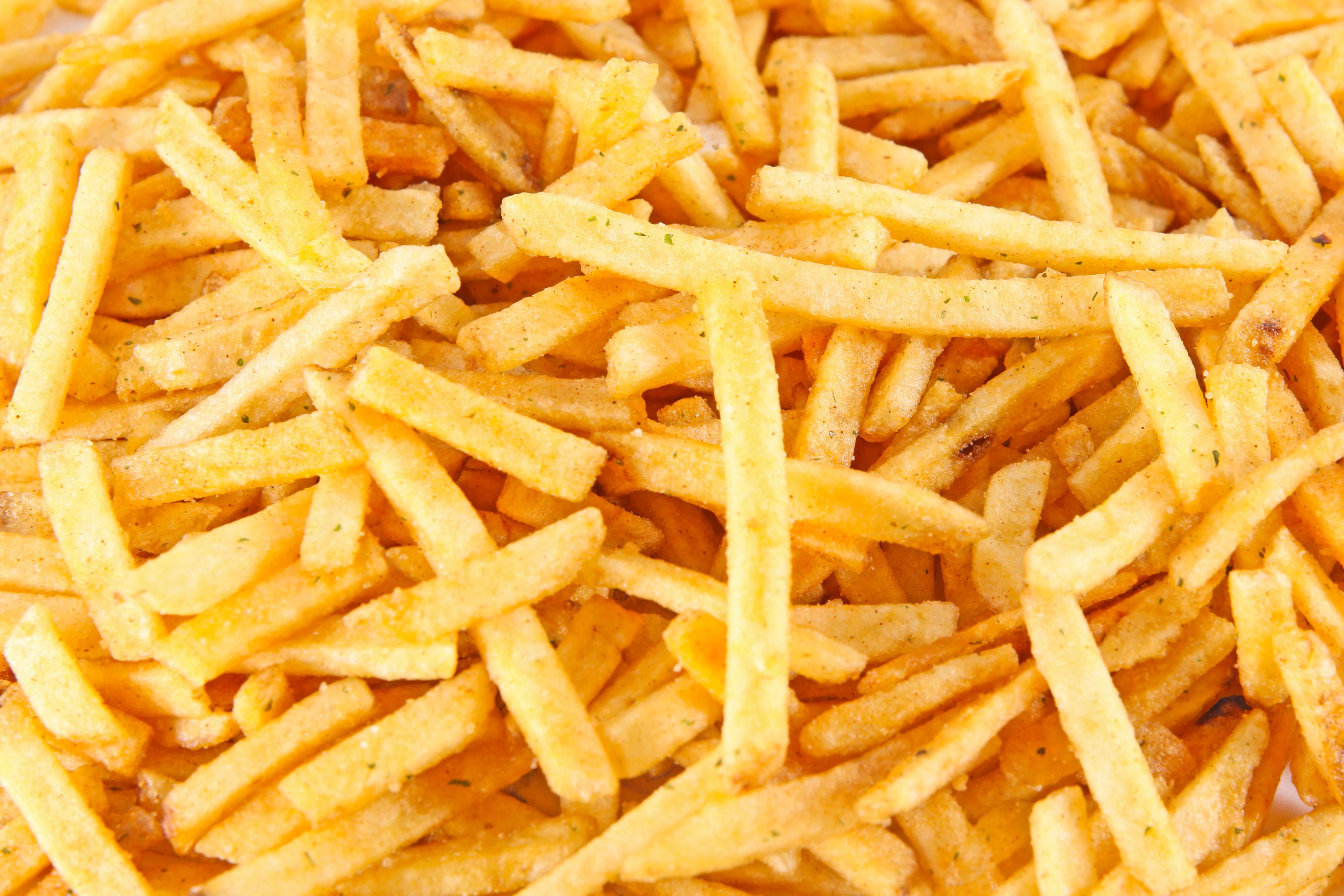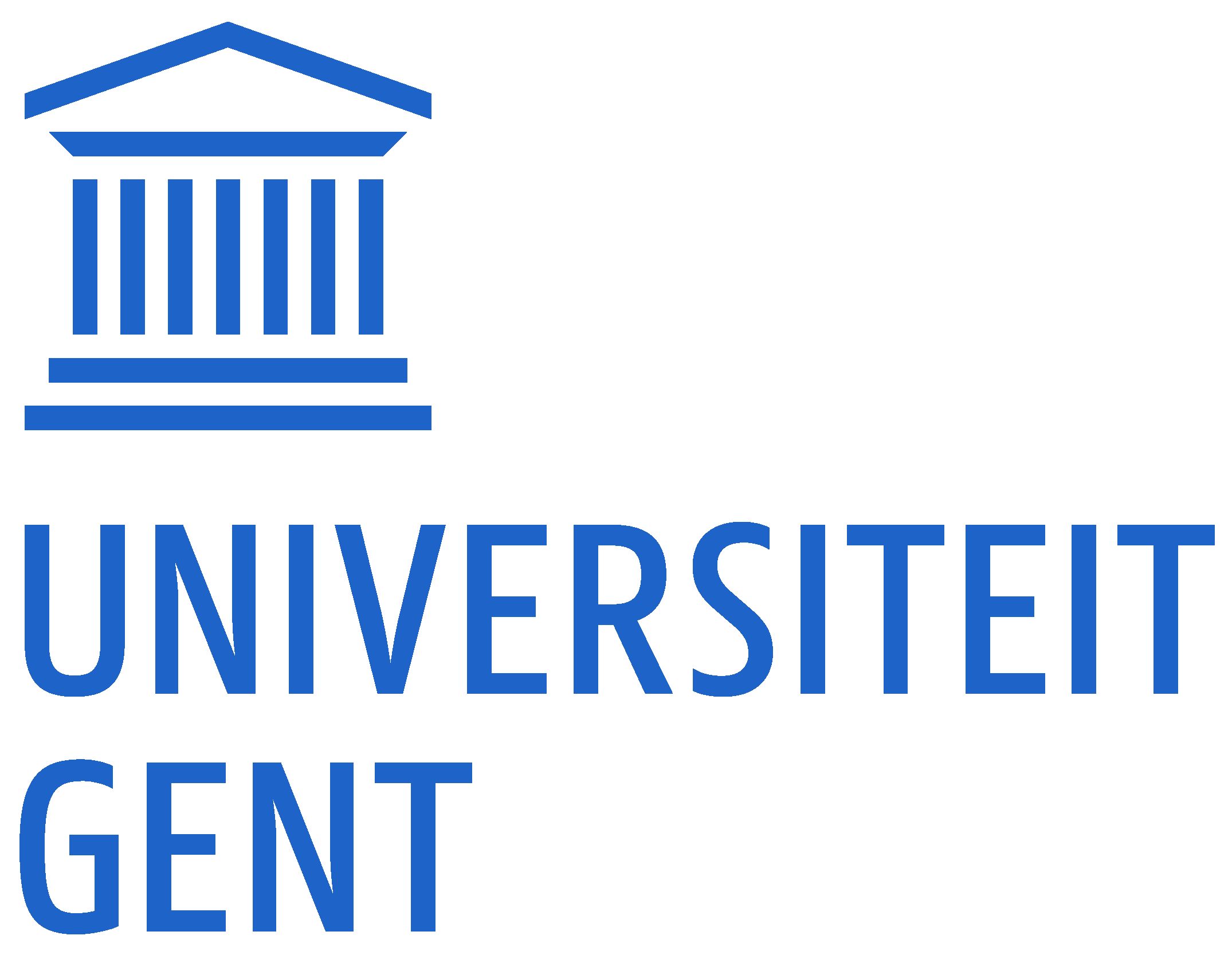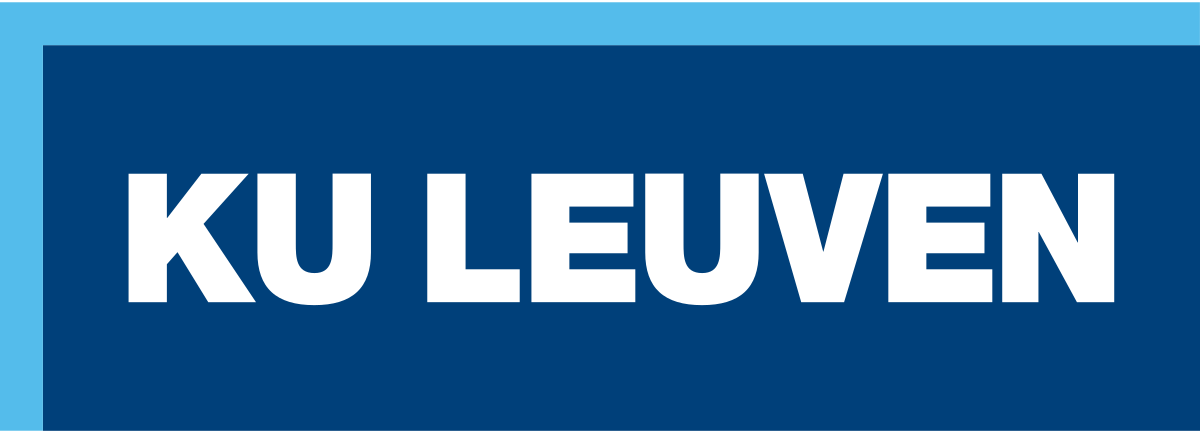Intelligent-FRY
With support of:


Intelligent-FRY conducts research that aims for a breakthrough in the optimisation of multi-stage production processes in the agri-food industry, which face complex challenges. In this project, the production process of pre-baked frozen fries serves as a model. The brand-new Belgian Fries Pilot plays a key role in the project, with its thorough physicochemical analyses on product and process water, as well as new statistical data modelling and optimisation techniques.
Why this project?
Food companies tend to operate in an environment with high volumes and limited margins where even small improvements in process efficiency can result in substantial gains. It is therefore important to optimise processes and process lines. In food companies, this is largely done by relying on experience and knowledge accumulated through trial and error, complemented by optimisation experiments which typically rely on factor-by-factor tests. Moreover, process lines should always be tailored as closely as possible to the characteristics of the raw materials used, which vary by nature.
This traditional approach is bumping up against its limits. Indeed, today in process optimisation several aspects need to be taken into account simultaneously:
The number of products (‘references’) is increasing, along with the stricter quality specifications to be met. Private-label products must be able to distinguish themselves sufficiently.
The number of encounters with variations in raw materials is increasing due to the speed with which lots are processed year-round. For example, there has been an increase in potato variety diversity in the potato processing sector.
Sustainability criteria must be met, from water and energy reduction targets to the reduction of waste and by-product streams, and the mitigation of the environmental impact.
Food safety requirements are also becoming increasingly stringent (e.g. in terms of process contaminants).
The fact that these challenges depend on several varying factors that can influence one another poses an additional difficulty in optimising processes.
Intelligent-FRY addresses this through research that aims for a breakthrough in the optimisation of multi-stage production processes in the agri-food industry, which face complex challenges. In this project, the production process of pre-baked frozen fries serves as a model. The brand-new Belgian Fries Pilot plays a key role in this research project.
Extensive physicochemical analyses on product and process water, developed through ‘Design-of-Experiments’ (DoE) strategies, paired with new statistical data modelling and optimisation techniques, will enable companies to gain the necessary knowledge and tools. As such, companies can boost the (sub)process optimisation capacity of their process lines to unprecedented levels in a scientifically sound, time- and cost-efficient manner.
Methodology and expected results
The first step is to gain a better insight into the impact of the multi-stage production process of industrial pre-baked frozen fries on the quality of consumable Belgian fries and water management requirements, all of this in view of the variable characteristics of the incoming potatoes. This insight will be the result of thorough research into the physicochemical impact of each industrial processing step and its parameters, combined with research into the development of highly efficient ‘Design of Experiments’ (DoE) strategies.
This research on the pilot line of the Belgian Fries Pilot (Kortrijk) is expected to yield practical findings. Based on these findings, a generic, efficient experimental design strategy will be formulated to optimise typical, complex multi-stage resource- and batch-dependent industrial production processes in the agri-food sector. The design strategy will be implemented in software code so as to create an expert pilot system. The latter will be tested (also in the Belgian Fries Pilot) for its ability to identify the best possible processing settings for a given batch of raw potatoes. The aim is to achieve specific quality goals: acrylamide levels, fat content, texture, grey discolouration or process water management (optimisation of one output at a time).
Finally, the project will investigate whether the pilot system is able to optimise the multi-stage pilot production process of pre-baked frozen fries. The focus will be on the entire set of well-thought-out quality characteristics of consumable Belgian fries and process water management, using three batches of incoming potatoes (multiple output optimisation).
Target group
The project offers is particularly relevant to producers of pre-baked frozen fries. Indeed, it lays the foundations to improve their processes through:
- a better understanding of the physicochemical processes in the industrial production of fries, and the relative impact of the different interacting parameters and steps
- an expert statistical system as a new tool to assist in optimising specific process lines as effectively as possible
The aim is to improve the cost efficiency of the production process, increase the extent to which product quality can be guaranteed within the ‘specs’ (customer satisfaction) and reduce food waste on the line (by preventing errors).
The generic nature of the statistical optimisation concept also lends itself well to application in the wider food industry as it can be transposed to process lines producing other types of potato products and to other processes (involving other raw materials, such as vegetables). Follow-up projects can be expected focusing on better, more targeted process control. The latter will trigger innovations among machine builders, installers, sensor suppliers and developers... and even boost investments in food companies.
Project partners
Flanders’ FOOD manages and coordinates the research project. The experimental-scientific execution is in the hands of
Ghent University:
- Department of Food Technology, Food Safety and Health (Prof Bruno De Meulenaer, bruno.demeulenaer@ugent.be, Project Coordinator)
- VEG-i-TEC (Prof Dr Ing Imca Sampers, imca.sampers@ugent.be)
Katholieke Universiteit Leuven:
- Biosystems Department - Research Group Mechatronics, Biostatistics and Sensors (MeBioS) (Prof Dr Peter Goos, peter.goos@kuleuven.be and Dr Bart De Ketelaere, bart.deketelaere@kuleuven.be)
Keen to join?
The cSBO project will start in January 2024 and run for four years. Companies may participate in this project by joining the industrial advisory board, which has access to the project results first and discusses them with the Intelligent-FRY researchers, mainly from an industry-focused perspective. This makes it more likely that the results will be of direct use to industrial stakeholders.
The financial contribution amounts to €1,000/year for non-SMEs and €250/year for SMEs for the four-year duration of the project.
Contact

From apple tree to innovation: meet B3ET

Sustainable animal feed from sweetcorn cobs: meet Trotec






